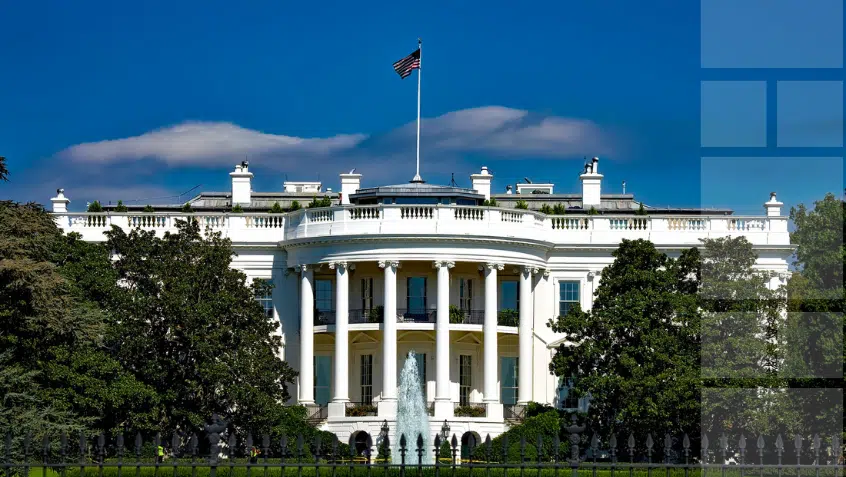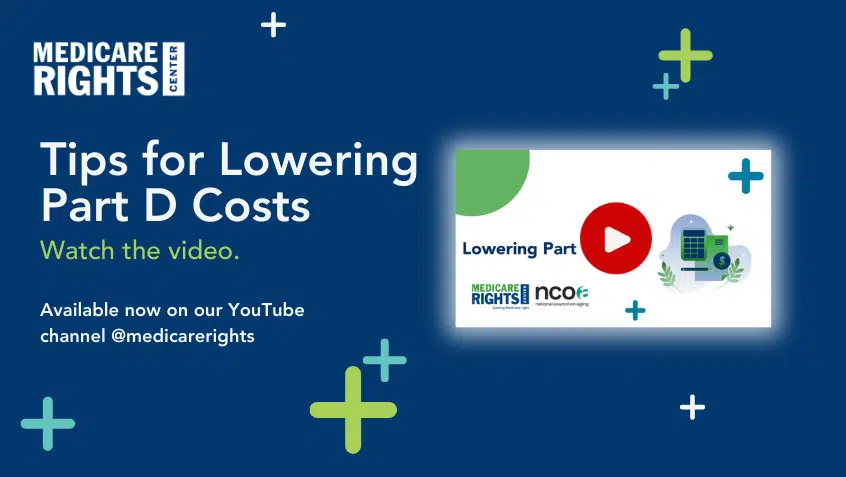Join Us Live for a Discussion on Medicare, Democracy, and the Future of Health Care
Congress Returns, Putting Health Care Back in the Spotlight

Members of Congress are returning to Washington, DC as the summer recess winds down, putting health care policy issues back in the spotlight. Policy experts expect the fall to be busy with significant activity expected in Congress and in the administration.
For example, the fight over the future of the Affordable Care Act (ACA) heated up again with the Centers for Medicare and Medicaid Services (CMS) announcing that the agency has reduced the advertising budget for this year’s Marketplace open enrollment period by 90% and has cancelled the program that helps people through the enrollment process. This program, like the Medicare State Health Insurance Assistance Programs (SHIPs), provides valuable assistance to people who need help understanding their insurance options.
Here are the top issues to watch out for this fall:
- Repeal again. And again. Congressional Republicans may seek to revive efforts to repeal the ACA, slash Medicaid, and undermine Medicare financing either though wholesale repeal or piecemeal legislation.
- Marketplace Stability. Bipartisan talks, now underway, aim to develop legislation to fund cost-sharing supports for low-income families, bring down premiums, and ensure adequate Marketplace options are available nationwide.
- State Waivers. States may pursue flexibility with respect to Medicaid and state insurance standards, in some cases potentially diminishing coverage or increasing cost-sharing.
These issues aside, Congress returns to a heavy load of important must-do items, including extending the Children’s Health Insurance Program (CHIP), continuing funding for community-based organizations to provide outreach and assistance to low-income people with Medicare, establishing robust disaster relief after Hurricanes Harvey and Irma, and more. Any one or a combination of these must-pass policies could serve as a vehicle to advance other legislative priorities.
Even if Congress does not return to efforts to repeal and replace the ACA, Congress may address health care issues to stabilize the health insurance marketplaces. Both Republicans and Democrats have signaled interest in such measures. To date, the administration has funded the cost-sharing subsidies that are critical to the health of the Marketplaces, but has threatened to cut off funding in the future.
Congress could seek to preempt that by making the cost-sharing subsidies mandatory, by creating a stabilization fund, or by instituting a few other proposals. To that end, the Senate Committee on Health, Education, Labor, and Pensions (HELP) is hosting hearings this week, including one with state insurance commissioners and another with state governors, which are being billed as an effort to stabilize premiums and help consumers in the individual markets.
Show Comments
We welcome thoughtful, respectful discussion on our website. To maintain a safe and constructive environment, comments that include profanity or violent, threatening language will be hidden. We may ban commentors who repeatedly cross these guidelines.
Help Us Protect & Strengthen Medicare
Donate today and make a lasting impact
More than 67 million people rely on Medicare—but many still face barriers to the care they need. With your support, we provide free, unbiased help to people navigating Medicare and work across the country with federal and state advocates to protect Medicare’s future and address the needs of those it serves.
The Latest
Most Read
Add Medicare to Your Inbox
Sign up to receive Medicare news, policy developments, and other useful updates from the Medicare Rights.
View this profile on InstagramMedicare Rights Center (@medicarerights) • Instagram photos and videos









